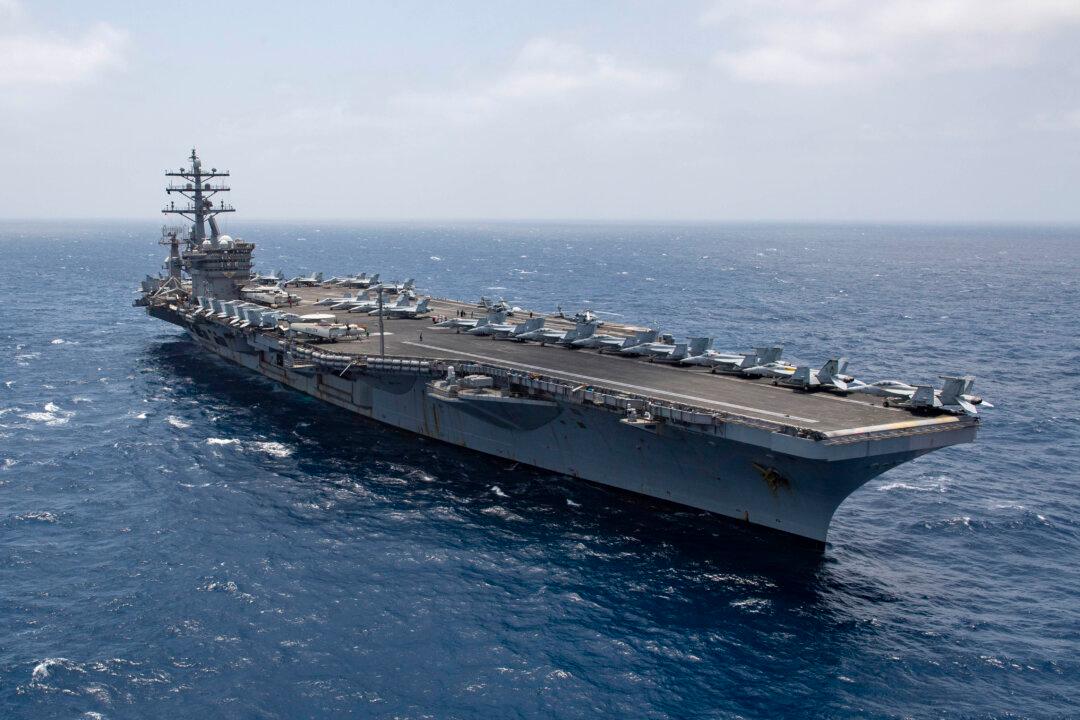U.S. defense officials have rejected claims that Yemen’s Ansar Allah group, also known as the Houthis, succeeded in striking—and damaging—an American aircraft carrier in the Red Sea last week.
“There is no truth to the Houthi claim of striking the USS Eisenhower or any U.S. Navy vessel,” U.S. Central Command (CENTCOM) said in a statement carried by media outlets on June 5.





